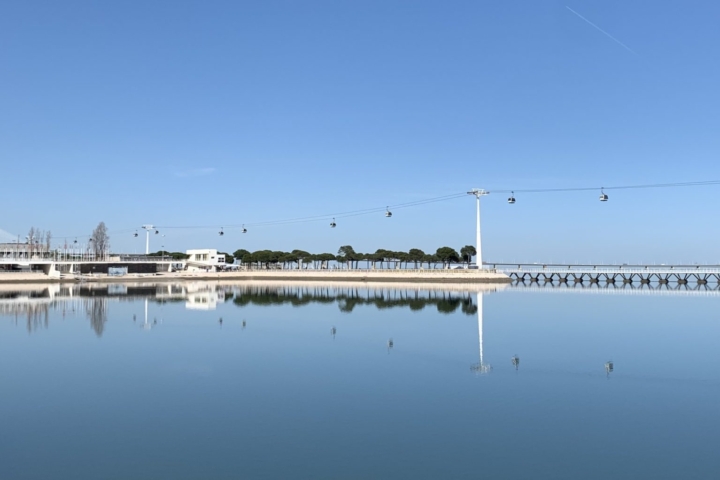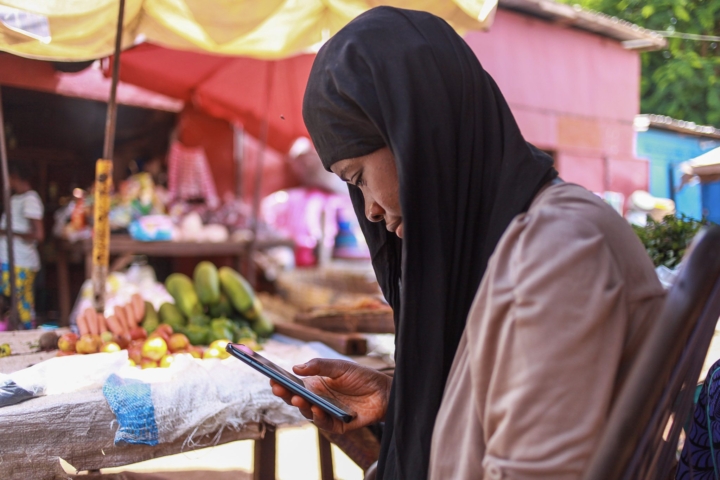Gaming the System: How Games Can Help Policymakers Shape Regulations for Frontier Technologies
By Tendai Pasipanodya
This blog post was written by the Drones Doing Good Alliance, one of Azurit Foundation’s grantee partners.
Imagine the scene in the conference room, policymakers sitting around tables, not with dry legal texts, but with colorful board games spread out before them. The room buzzes with excitement as players strategize, their faces lighting up with joy when their businesses thrive, and occasional cries of frustration fill the air when a new regulation unexpectedly wipes out a significant portion of their hard-earned wealth.
An Opportunity to Play
Several years ago, I came to understand the power of games in solving problems in the real world thanks to an opportunity to play this highly impactful game. I was convinced we could use games to support the DDG Alliance’s work on improving drone regulations in African countries. Earlier this year the perfect opportunity arose to try this out. The DDG Alliance together with its partners the Foreign, Commonwealth and Development Office (FCDO), the Frontier Tech Hub (FT Hub), Smart Africa, and GIZ launched the Wakanda Beyond Peer Action Group (PAG). The PAG is a network of 9 African countries that have come together to test solutions to create a safer and more secure enabling environment for drones. The 2-day event in Eschborn, Germany was a perfect opportunity to add a session on a game. The game’s inclusion proved to be a valuable learning tool. It allowed policymakers to better understand the potential unintended consequences of regulations, gain ideas on how to improve their regulations and maintain safety while providing an enabling environment. This article explores some key takeaways.
Why play with policy?
When it comes to developing policies to regulate frontier technologies, striking the right balance between enabling innovation and ensuring safety and security can be a daunting challenge. Creating effective regulations is complicated because it is affected by an array of factors including economic factors, social implications, human psychology, and technical feasibility. This is where games come in as an unexpectedly valuable tool in the policymaker’s toolbox.
The Game
Our game Flight Control provides an immersive and engaging environment for exploring the complex interplay between regulations and business, and emerging technologies. It simulates the challenges of running a drone business amidst a dynamic regulatory landscape. By stepping into the shoes of drone operators and regulators, policymakers gain firsthand experience of the far-reaching effects their decisions can have. Below are three lessons.
Lesson #1: The game promotes empathy and perspective-building.
Drone regulators can be so fully absorbed by their focus on safety and security, that they forget to also consider the operator’s perspective. This can be counter-productive, leading to low compliance and reduced positive societal outcomes. When it is too complicated, expensive, time-consuming, or otherwise challenging to comply, not only is it an obstacle to a thriving sector, it can also reduce safety and security as more people are likely to operate illegally. One participant, Dr Konan Koffi, the Director of Flight Safety at the National Civil Aviation Authority of Côte D’Ivoire, emphasized that while safety is paramount other factors like simplicity and cost also need to be taken into account. His experience playing the game made him realize that while their regulatory approach had some positive aspects, there was room to consider the user perspective even more and enhance cost-effectiveness.
Lesson #2: The game offers an opportunity to master strategy through gameplay.
As is typical for a strategy game, Flight Control enabled policymakers to strategize, analyze risks, and anticipate consequences while contending with competing interests and societal implications. By experiencing the game dynamics, they develop a deeper understanding of how their regulations can either fuel innovation or stifle progress. As another participant, Francis Keigan, The Senior UAS Inspector at the Kenya Civil Aviation Authority, mentioned, the game was very practical and could potentially lead to improved regulations. He went on to explain that he found that the game effectively simulated real-world situations and showcased the repercussions of specific legislation on drone operators. In doing so, regulators can identify issues they may have in their own regulations and work to resolve them with this expanded perspective.
Lesson #3: The right mindset matters.
Some participants expressed the value of such a game for their colleagues and for other Civil Aviation Authorities (CAAs). Dr Konan Koffi for example sees this as a potentially valuable contribution to his team’s training. He believes it’s not enough to just be trained to think like a regulator, regulators must also be trained to see the operator’s perspective. Francis Kiegan pointed out that the game may not be for everyone. To get the most value from the game an open and positive mindset is key. He said there is a challenge in the game for regulators and if they accept this challenge and see where there are issues in their own regulations and solve them, they will get value. On the other hand, a negative or defensive attitude will be a hindrance.
From playing games to changing systems
From a system change perspective, shifting the perspective of regulators through games may be a powerful lever for change, ultimately contributing to better-informed and more balanced regulations. We will continue our collaboration with the nine African CAAs that are members of the Wakanda Beyond Peer Action Group through to next year. For now, the game has kicked off a process of assessing and reviewing regulations in several countries. While that reflection is already a positive step in the right direction, we are curious to see what other tangible changes will emerge and contribute to a safer and more secure enabling environment for this critical frontier technology. Look out for an update next year.
About us
My name is Tendai Pasipanodya and I am the co-founder of the Drones Doing Good Alliance. Together with my Co-Founder, Dr. Hans Peter Thamm, we have been on a mission to unleash the full potential of drone technology in African countries in order to create future-fit jobs driven by scalable impactful businesses. Early on in our journey, we felt the pain of an ineffective regulatory environment. Given my background as a systems change expert and Hans-Peter’s 20 years of experience in using and manufacturing civil drones in Africa, Asia and Europe we decided to add a new focus to our work; to contribute to making Africa the easiest place to fly drones safely. Last year through the support of the FCDO, we teamed up with the Frontier Tech Hub (FT Hub) to write a publication with concrete solutions for drone policy regulators. This year we partnered with FCDO, FT Hub, Smart Africa, and GIZ and launched the Wakanda Beyond Peer Action Group (PAG). The (PAG) is a network of nine African CAAs and Ministries that are committed to exploring solutions to increase safety and security through a holistic and locally adapted approach. The group will test solutions to increase safety and security while providing an enabling environment. They will share findings and adapt and adopt best practices. For more information contact tendai@ddgalliance.org.
photo credit teaser image: Olivia Elson


